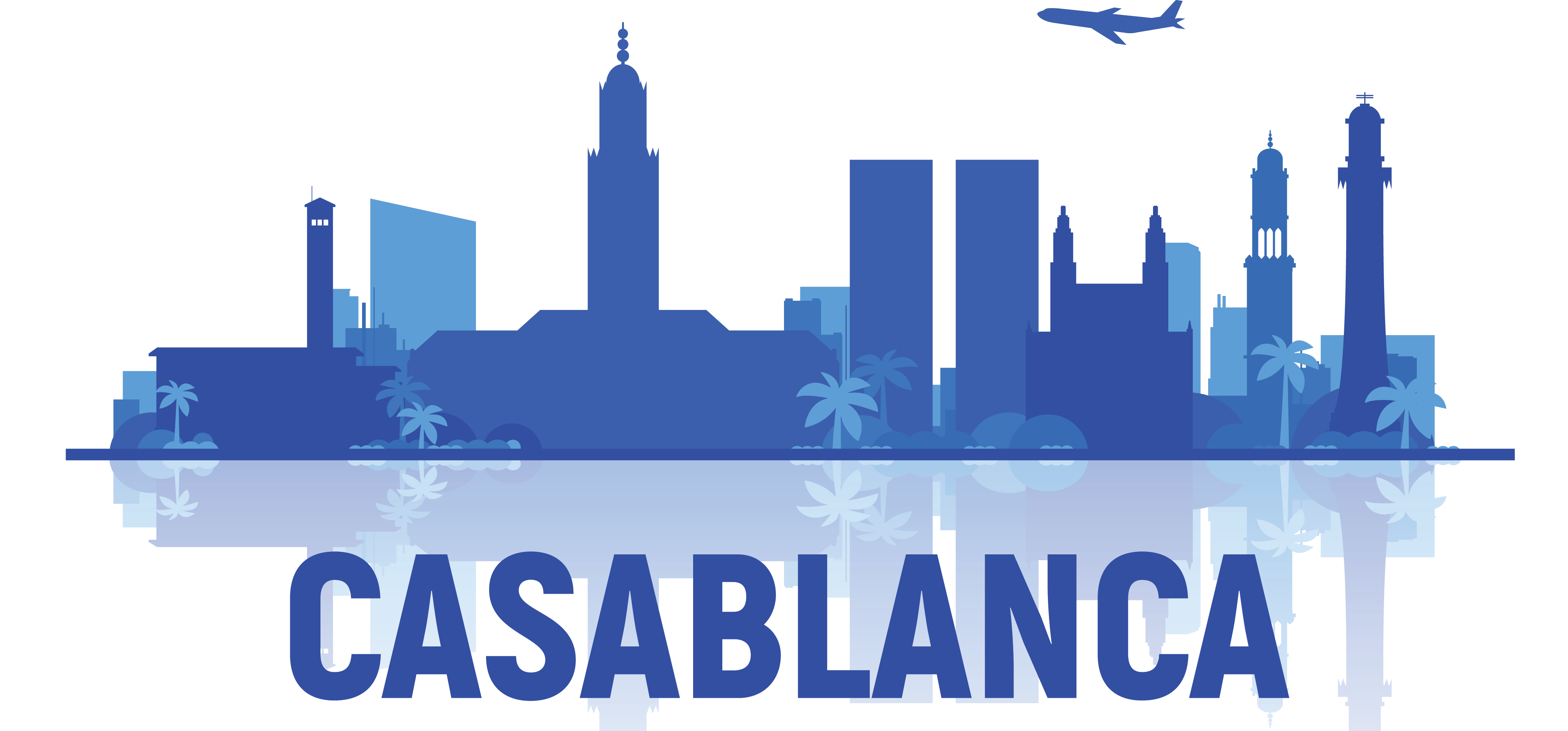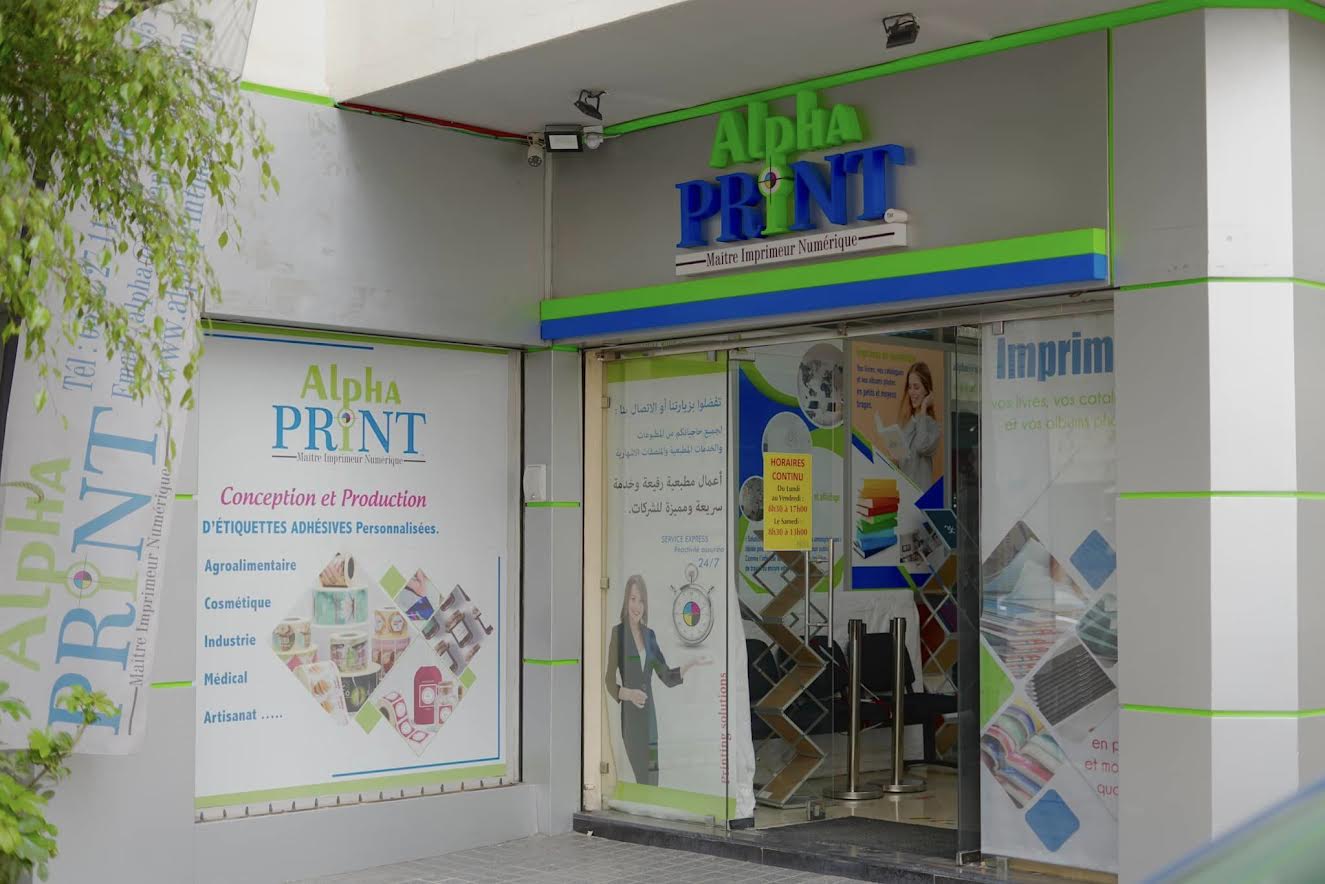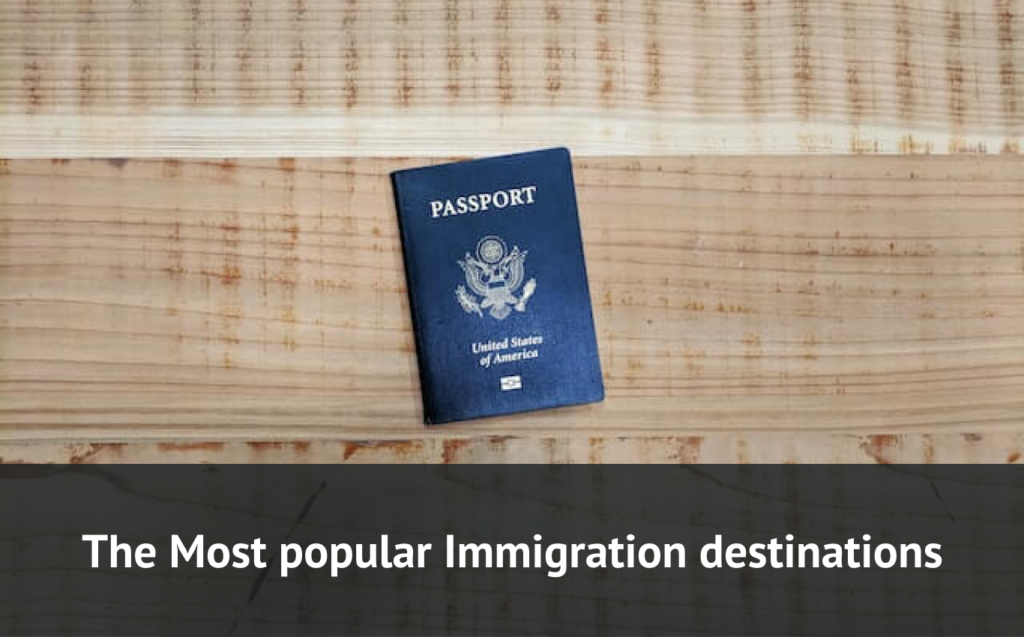 POSTES INTERNATIONALES DU MAROC
POSTES INTERNATIONALES DU MAROC
DGSN Announces New E-ID Card with Advanced Features
Morocco’s Directorate General of National Security (DGSN) has announced Thursday 3rd the launch of a new national electronic identity card with advanced electronic features in the beginning of next year.
Features:
- Easy to authenticate and difficult to falsify.
- It is secure and it facilitates citizens’ access to digital services
- It is made of polycarbonate and features relief printing and optically variable effects
- It can be read electronically using standard reader, scanner or mobile phones supporting Near Field Communication (NFC) technology
- It allows Remote Identification of citizens
- It will be issued for minors as well.
- It involves possibly lower stamp fees
In the framework of public administration’s process to digitalize its services, the DGSN announced the new generation electronic ID cards (e-ID) that is both easy to authenticate and difficult to falsify.
In a statement, Divisional Commissioner Mouhcine Yejjou, Project Manager of CNIE at DGSN, said:
“This new generation of national e-ID card provides enhanced identity for better service for the benefit of citizens and organizations, thanks to its physical and digital features that make it safer and more reliable.”
The official adds that it also helps to “secure and facilitate citizens’ access to digital services.”
Addressing the security of the e-ID card, Salwa Jmila, the DGSN official in charge of IT projects Coordination and Follow-up revealed “it is equipped with the latest security technologies, making authentication easier and more difficult to forge through its different levels of visual, digital and physical security “.
As for the physical and visual characteristics, the e-ID card is made of polycarbonate and features relief printing and optically variable effects in addition to the cutting-edge security system.
On a practical note, the e-ID card will be electronically read using standard reader, scanner or mobile phones supporting Near Field Communication (NFC) technology. They will also be protected with PIN code to protect users’ data in case of loss. This code will also remotely identify the citizens and offer services.
Salwa Jamila explains that these technical features will “offer a secure platform to all public and private institutions such as banks to launch new digital services” as it facilitates the identification of the beneficiaries without having to be physically present in these institutions.
Unlike the ID cards currently in use, the new generation will be issued for minors as well. The current ID card will remain valid after the launch of the new one. However, citizens can apply for the new one if they want, at a possibly lower stamp fees than the current.






